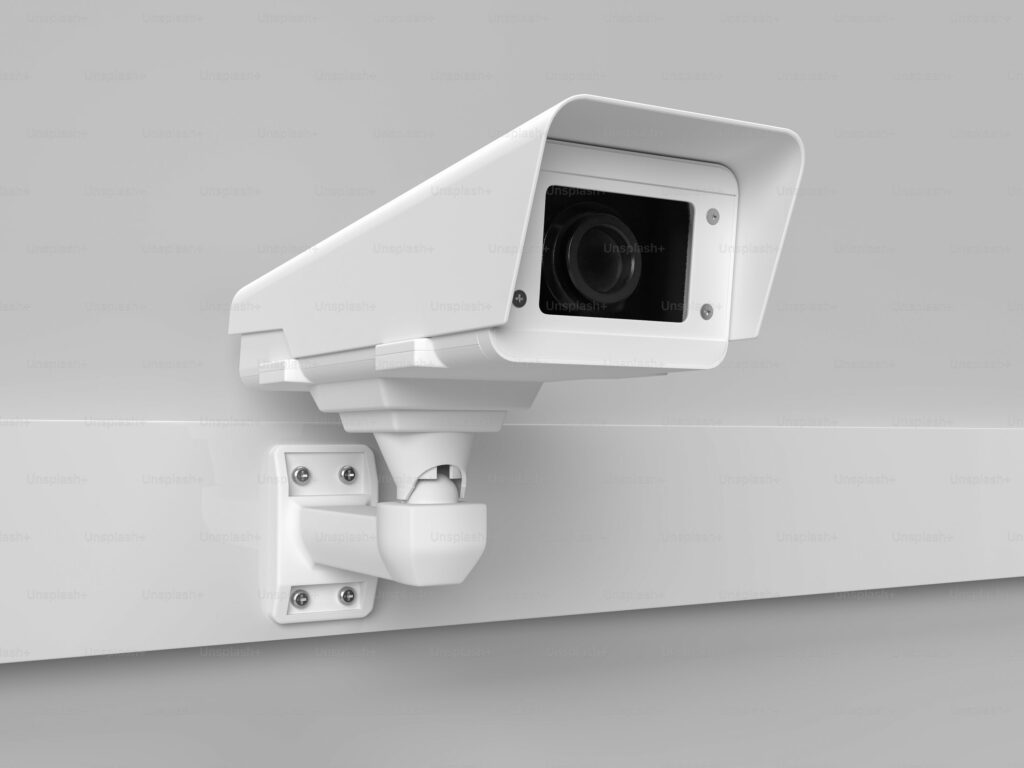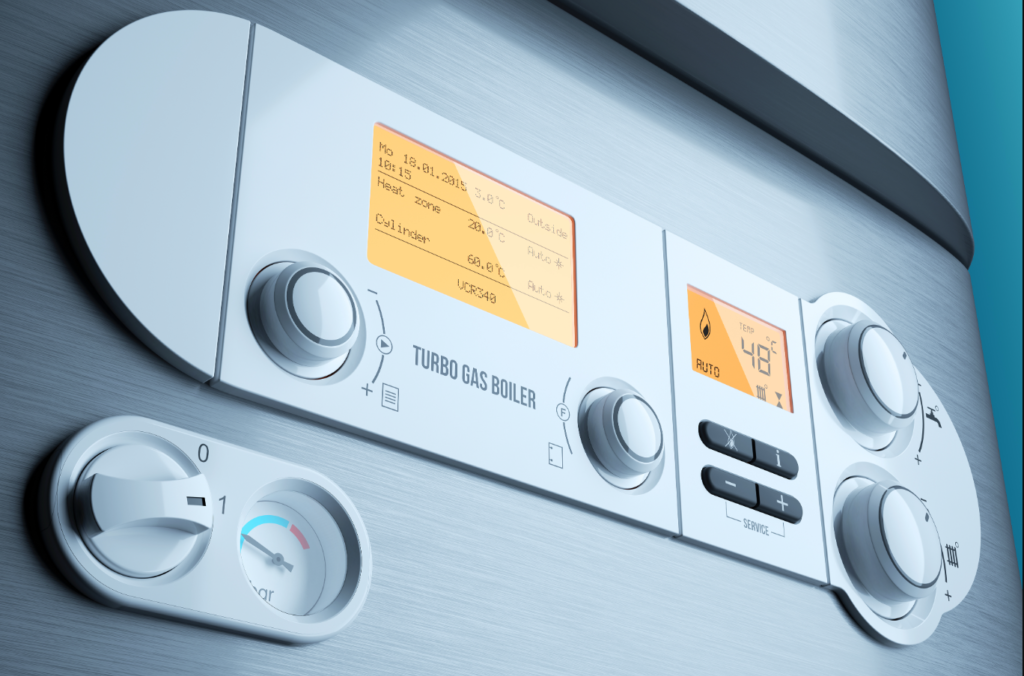Security cameras have become an essential part of protecting homes and businesses. Whether you want to monitor your front door, secure your office, or safeguard a warehouse, installing the right type of camera system makes all the difference.
One of the biggest decisions you’ll make when setting up your surveillance system is choosing between wired and wireless cameras. Both have advantages and disadvantages depending on your property’s layout, budget, and security needs.
In this guide, we’ll compare wired vs. wireless cameras in detail to help you decide which option is best for your property.
What Are Wired Security Cameras?
Wired cameras use physical cables to connect the camera to a power source and a recording device such as a DVR (Digital Video Recorder) or NVR (Network Video Recorder).
They typically transmit video signals through coaxial or Ethernet cables. Because of their direct connection, they offer consistent video quality and reliable performance — even in large properties.
Pros of Wired Cameras:
-
✅ Stable Connection: No signal drops or interference issues.
-
✅ High-Quality Video Feed: Supports higher resolutions with minimal lag.
-
✅ No Wi-Fi Dependence: Ideal for areas with poor internet connectivity.
-
✅ Better for Large Properties: Suitable for multi-camera setups.
Cons of Wired Cameras:
-
❌ Installation Complexity: Requires drilling and cable management.
-
❌ Less Flexible: Harder to move once installed.
-
❌ Higher Initial Cost: Installation and wiring can be expensive.
Best For:
Wired systems are perfect for large homes, office buildings, or industrial properties that need a reliable, long-term security setup.
What Are Wireless Security Cameras?
Wireless cameras, as the name suggests, transmit video footage over a Wi-Fi or cellular network instead of cables. They may still require a power cord (unless they’re battery-powered), but they don’t need data cables to operate.
When it comes to security camera installation, wireless systems are known for their easy setup, flexibility, and remote access through mobile apps or cloud platforms. This makes them a popular choice for homeowners and businesses looking for a modern, hassle-free surveillance solution.
Pros of Wireless Cameras:
-
✅ Easy Installation: No need for extensive wiring — just mount and connect.
-
✅ Remote Access: View live feeds from your smartphone or computer.
-
✅ Flexible Placement: Move cameras as needed without re-cabling.
-
✅ Cloud Storage Options: Store and review footage from anywhere.
Cons of Wireless Cameras:
-
❌ Signal Interference: Performance can drop with weak Wi-Fi.
-
❌ Battery Maintenance: Some models need frequent recharging.
-
❌ Potential Hacking Risks: Must use secure networks and passwords.
Best For:
Wireless systems are great for homes, small offices, and rental spaces where convenience and flexibility are more important than permanent installation.
Performance Comparison: Wired vs. Wireless
| Feature | Wired Cameras | Wireless Cameras |
|---|---|---|
| Video Quality | Consistent, high-resolution | Depends on Wi-Fi strength |
| Installation | More complex | Quick and easy |
| Reliability | Very reliable | Can drop signal |
| Scalability | Ideal for large setups | Limited by Wi-Fi range |
| Cost | Higher upfront | Lower installation cost |
| Maintenance | Minimal | May need battery changes |
Factors to Consider Before Choosing
When deciding between wired and wireless security cameras, consider these key factors:
-
Property Size: Larger properties often benefit from wired systems, while smaller spaces can easily use wireless setups.
-
Internet Reliability: If your Wi-Fi signal is weak, wired cameras may perform better.
-
Budget: Wireless cameras have lower installation costs but may require ongoing subscription or battery expenses.
-
Aesthetics: Wireless cameras look cleaner and more modern with fewer visible cables.
-
Scalability: Wired systems support more cameras without signal issues, ideal for commercial use.
Which Is Best for Your Property?
There’s no one-size-fits-all answer — it depends on your needs.
If you want maximum reliability, constant recording, and professional-grade performance, go with wired cameras. They’re the gold standard for long-term surveillance.
If you prefer easy installation, mobile monitoring, and flexibility, wireless cameras are your best bet — especially for residential or rental properties.
For many homeowners, a hybrid approach works best — using wired cameras for critical areas like entry points and wireless ones for less critical zones or outdoor coverage.
Final Thoughts
Choosing between wired and wireless cameras comes down to balancing reliability, flexibility, and budget. Both options can enhance your property’s security — it’s just a matter of matching the right technology to your specific environment.
If you’re unsure which system suits your property best, consult a professional camera installation service. They can assess your layout, Wi-Fi coverage, and security goals to recommend the perfect solution.
Protecting your home or business starts with the right setup — and with the right installation, both wired and wireless systems can give you peace of mind 24/7.



